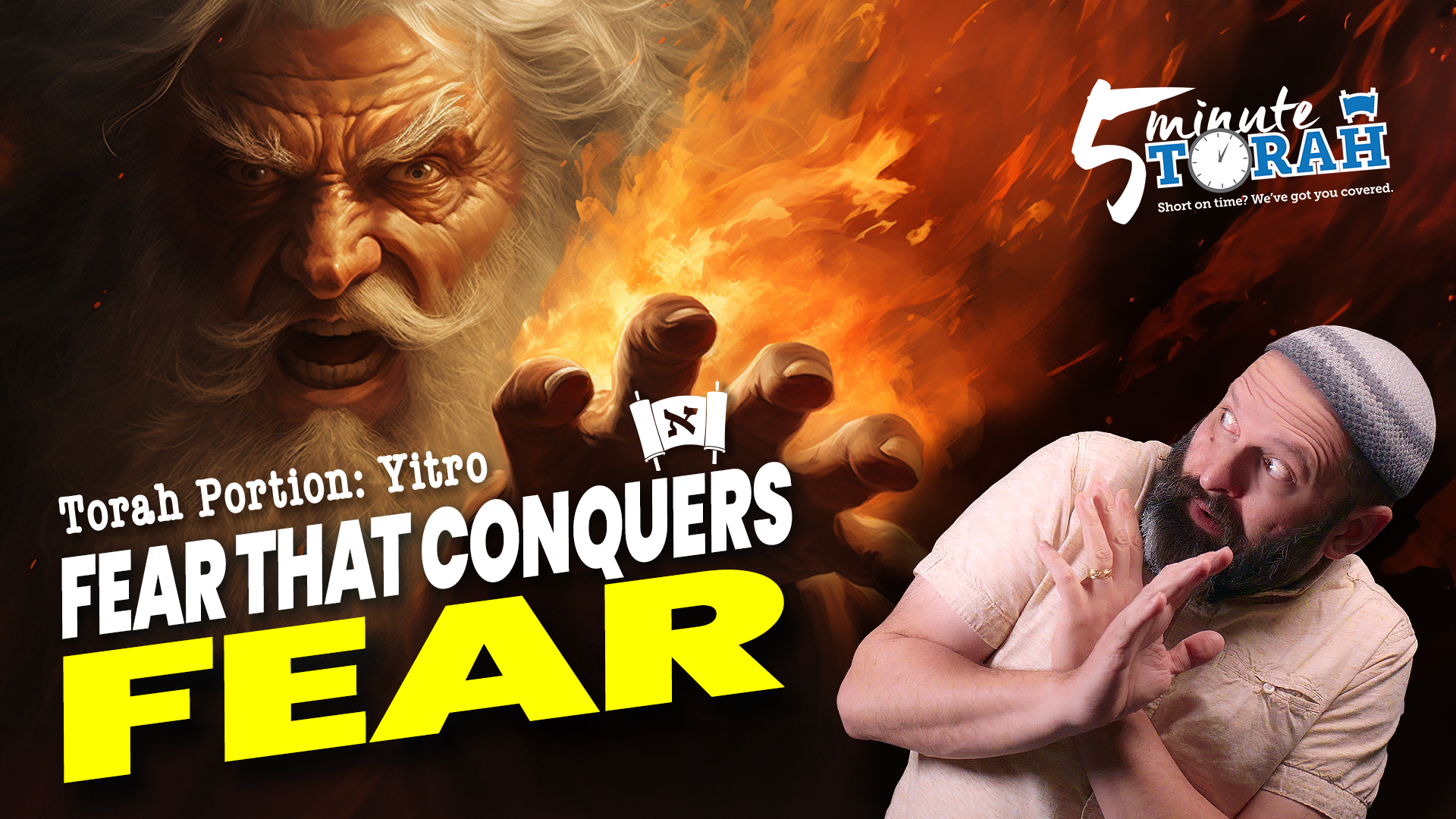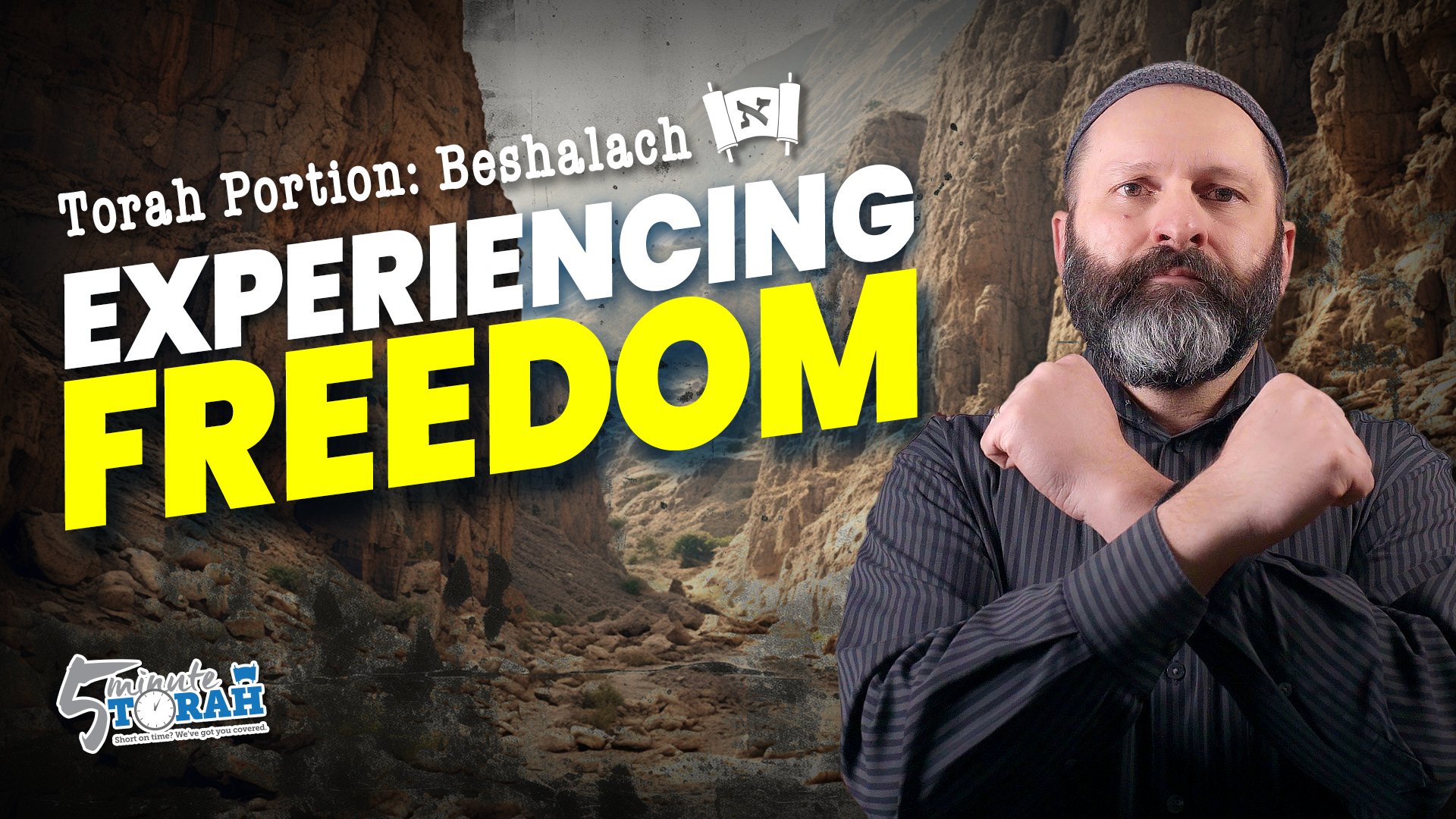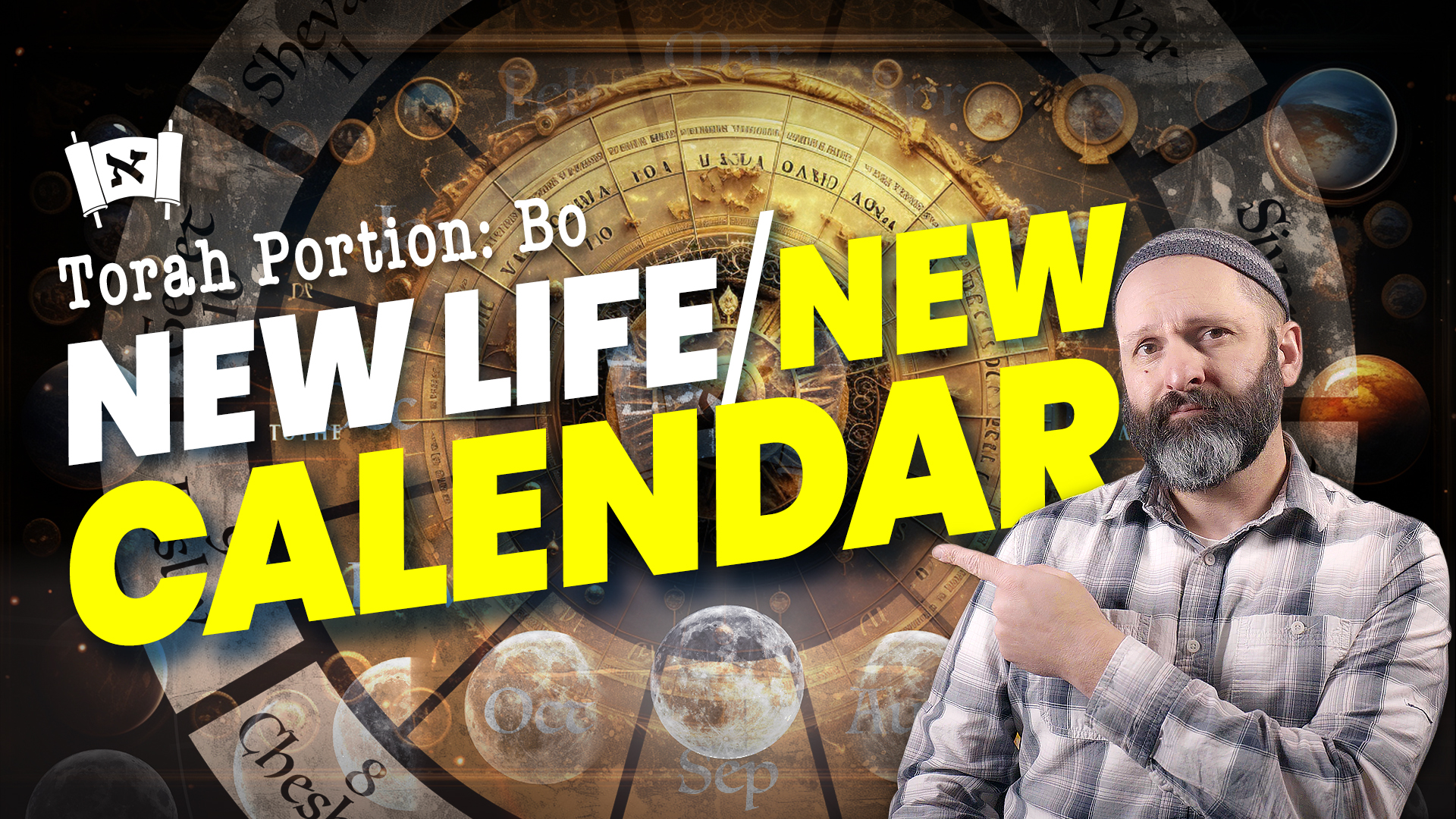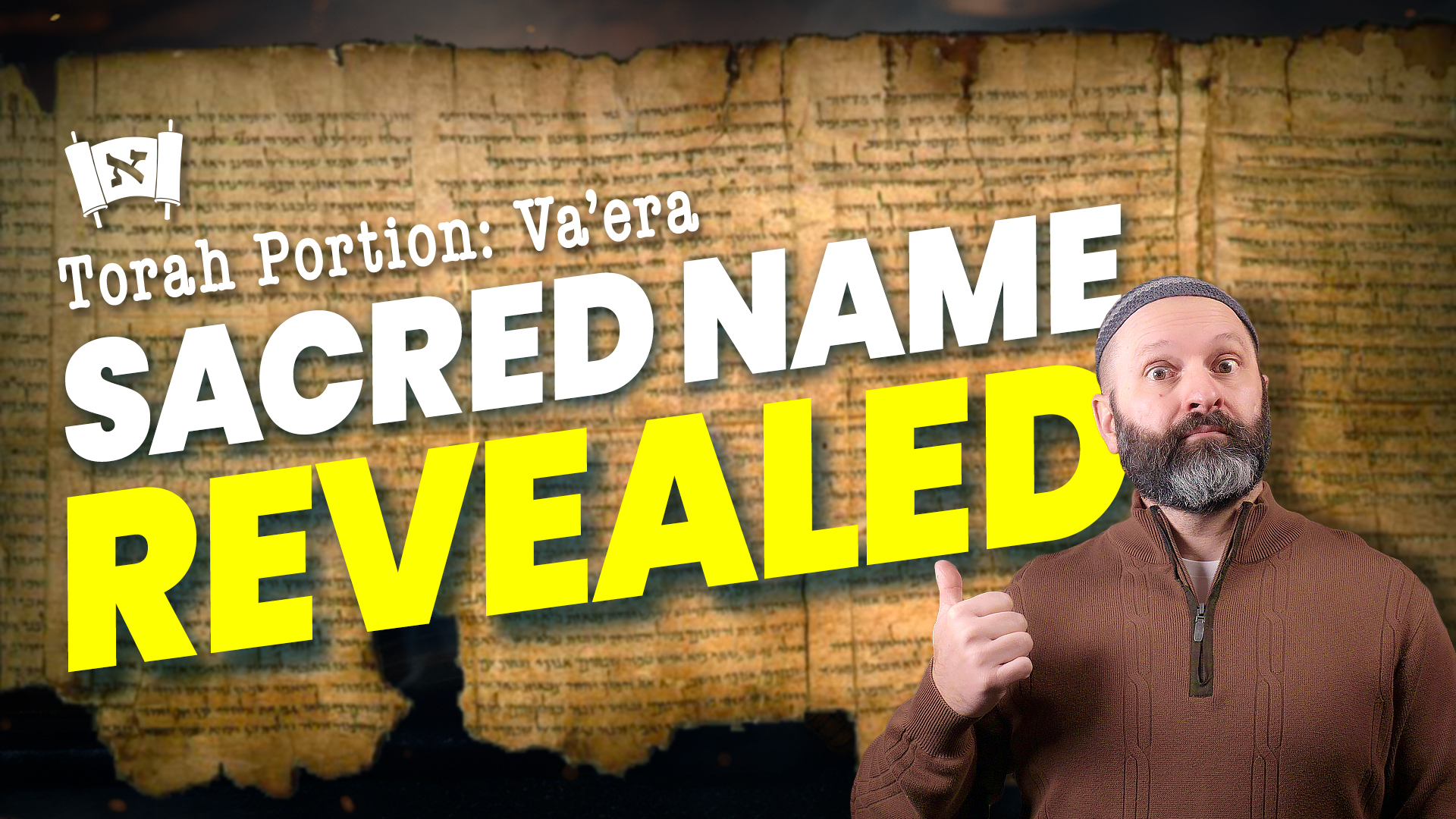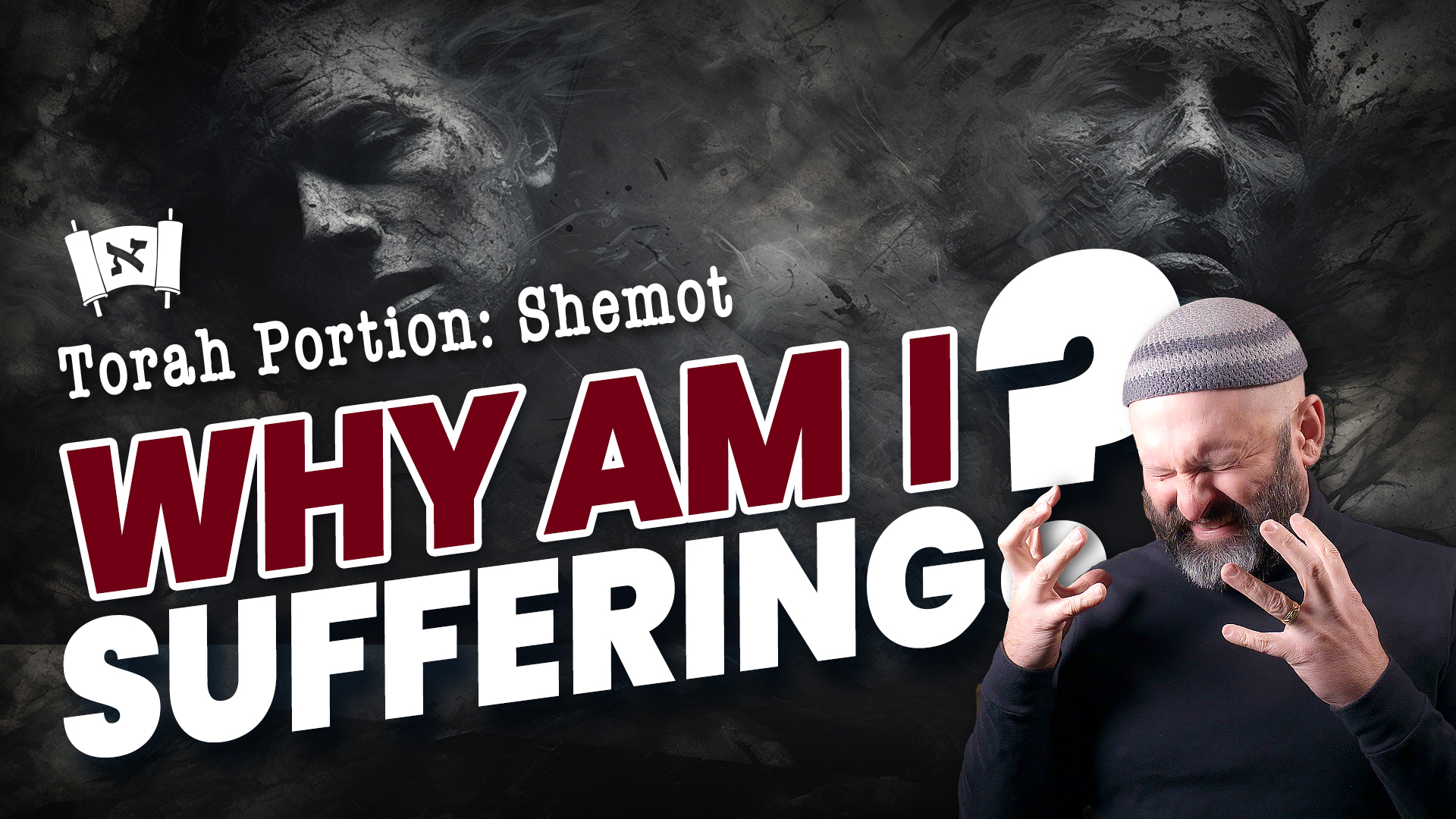Parashat Mishpatim (Exodus 21:1-24:18)
Upon a cursory reading of the Torah some of the laws contained within it seem not only a bit harsh, but even barbaric at times. This week’s Torah portion contains laws that seem to fall into that category and tend to make the modern reader uncomfortable. One of the passages is related to personal damages caused by physical violence:
You shall pay life for life, eye for eye, tooth for tooth, hand for hand, foot for foot, burn for burn, wound for wound, stripe for stripe. (Exodus 21:25)
It would seem that from this passage that the Torah condones an extreme and retaliatory brand of justice. If two people get in a fight and one gouges out the other’s eye, then the offender is to have his eye also gouged out as repayment for the offense. This passage is often used to contrast the harsh justice of the Torah to Yeshua’s message of grace and mercy:


